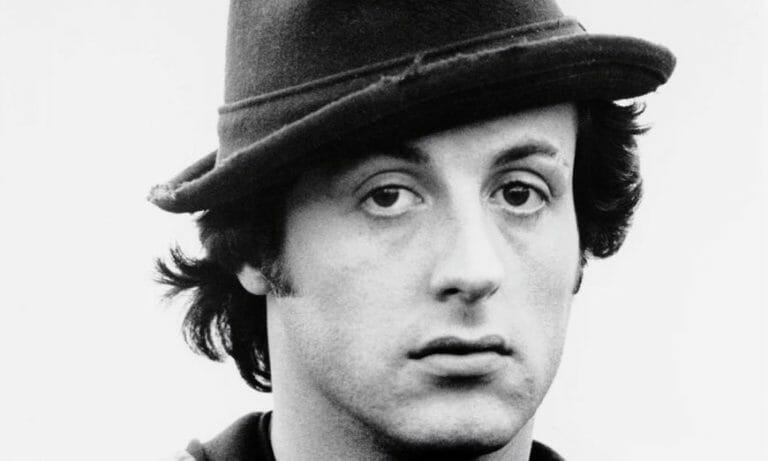By Eric Owusu · December 12, 2014

They’re scrappy. They’re fun to cheer for. They’re likeable. But they’re also losers. That’s the unusual draw of – and more honest name for – the underdog. They are cinema’s most bankable characters. From Sylvester Stallone’s indomitable Rocky Balboa in Rocky to the fish-out-of-water Gracie Hart in Marc Lawrence’s Miss Congeniality, Hollywood screenplays have a high success rate of giving audiences feel-good movies where underdogs go up against the odds and represent the worst of us while they simultaneously showcase the best in us.
In writing a screenplay that takes us into the life and times of an underdog, there are certain things a writer must do to effectively convey the underdog as a character, their struggles, and their will to win, despite the challenges they face.
First, establish them as a familiar, likeable everyman. Take us into the underdog’s story world and show us their lives as they are before the inciting incident. How are they similar to most people? In Rocky, we see Mr. Balboa existing as a poor guy in Philadelphia and his struggle to be a revered boxer. He is written as someone who loves the sport and visibly hates his surroundings and circumstances. So when he gets the opportunity to change them by fighting Apollo Creed, he says yes to the call.
Rocky is an unlikely hero. He jumps into a situation where he isn't favored to come out on top. But because he is determined and is written in a way that exhibits traits that most everymen have (being burdened by other opinions and wanting to be a better version of himself), he is likable and audiences enjoy watching him chase wins.
Which leads me to my next piece of advice. Have your underdog face hardships that are insurmountable, where everyone thinks they'll fail because the underdog isn’t deemed talented enough. Doing this further demonstrates their optimism and belief in their right to a chance at victory, even if they don’t fully in believe in themselves or their abilities. Rocky is set to go up against proven champion Apollo Creed. The odds couldn’t be stacked any higher against him. But Rocky trains in order to “go the distance” with the champ. He uses his desire to prove his worth to himself to face adversity. Audiences cheer when they see Rocky take on adversity when the expectation is for him to come up short, because he is an underdog.
We love seeing underdogs stand tall and appear to be on their way to triumph, but they wouldn’t be underdogs if they succeeded every time they tried. Therefore, have them fail. Have them lose when they try to win. Or even before they try. In the beginning of Rocky’s training montage, he doesn’t do well. He can’t catch a chicken running wild in a fenced-in area. But we watch him get better with every passing frame as Gonna Fly Now inspirationally accompanies him to ‘ready.’ He catches the chicken and gives the fight against Creed everything he’s got, refusing to go down. And in the end, Rocky loses.
Underdogs are used to losing. That’s just what they do. Just like members of the audience don’t always get what they want in their lives, despite wanting them more than anything. Underdogs experience the same shortcomings. That’s what makes the underdog and their struggles so salient to audiences. The relatable factor will be there if the writer sets it up that way. The underdog doesn’t have to lose everything all the time. Rocky eventually won the love of his girlfriend and the respect of the boxing world (but not the actual match itself). When writing your underdog screenplay, inject victories that are meaningful to them, while at the same time emotionally gratifying to the audience.
Also, make the underdog do things further demonstrating their determination, hope, and resilience. We see in Rocky that the desire to keep existing and merely being the hired muscle of a debt collector diminish as he takes on the challenge of facing Creed in the ring. He put his existence behind him to chase his goal. We as the audience see how determined and confident Rocky becomes throughout the movie and follow him right down to the end. We do so because Sylvester Stallone wrote a compelling underdog that steered that screenplay to iconic movie status, while being an acting and writing underdog early in his career himself. Showing us that there’s hope for all us underdogs indeed.
Clip Credit: United Artists